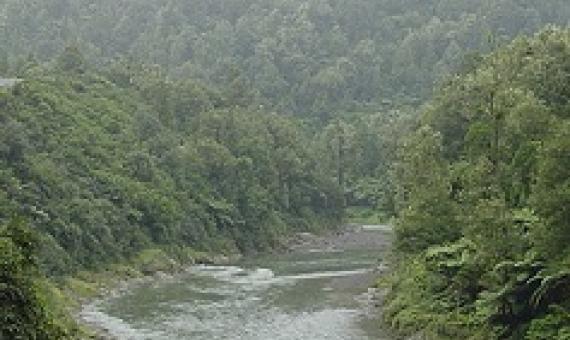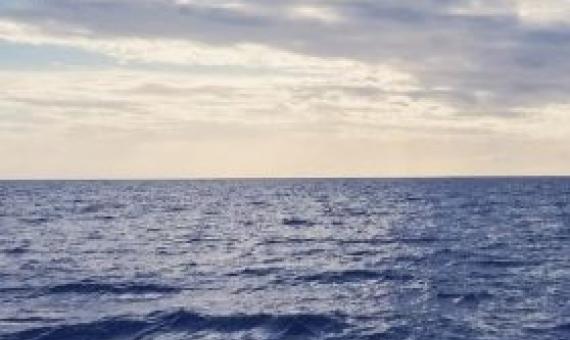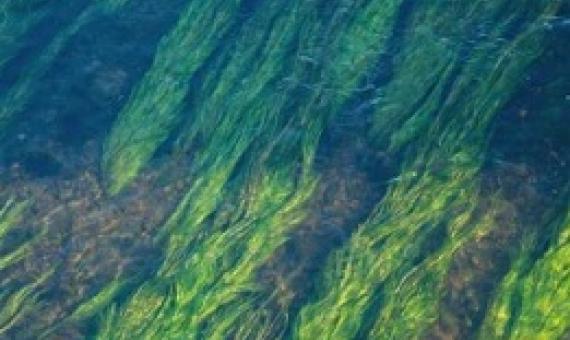Alarming numbers of threatened species are being smuggled into Japan and “laundered” into the exotic pet trade, a new study has found.
The Cook Islands government will allow miners to prospect for minerals on its seabed, with an eye to commencing mining within five years.
The world is shut. Ninety+ countries have closed their borders. Seventy-five to 100 million people working in tourism are projected to lose their jobs. And trillions of dollars will evaporate from global economies. The overall picture is beyond stunning.
Pandemics such as coronavirus are the result of humanity’s destruction of nature, according to leaders at the UN, WHO and WWF International, and the world has been ignoring this stark reality for decades.
In northern Cambodia, giant ibis, white-winged ducks and other rare species have helped ecotourism take flight in recent years.
Safari tourism has long been an economic boon to people living in Africa. But the suspension of flights and safari visits because of the COVID-19 pandemic has decimated this critical source of income – and devastated the wildlife conservation efforts it funds.
Changes affecting fishing communities due to COVID-19 closures, mandatory electronic reporting for the American Samoa longline fishery and the 2019 annual status of the fisheries report were among topics discussed by fishermen from Hawai'i, American Samoa, Guam and the Commonwealth of the Norther
The Raukūmara Forest on New Zealand’s East Cape has been hammered by introduced pests in the past half-century, and experts predict ecological collapse within a decade without an immense scale-up of pest control efforts...Two Māori tribal groups with ancestral claims to the Raukūmaras are campaig
Today, the High Level Panel for a Sustainable Ocean Economy issued the following statement to mark World Oceans Day: “Today, we celebrate World Oceans Day under unprecedented circumstances, as the world battles the COVID-19 pandemic and its associated health and economic challenges.
Seagrass meadows can be a powerful nature-based climate solution and help sustain communities hard-hit by stressors such as the COVID-19 pandemic, but these important ecosystems continue to decline.

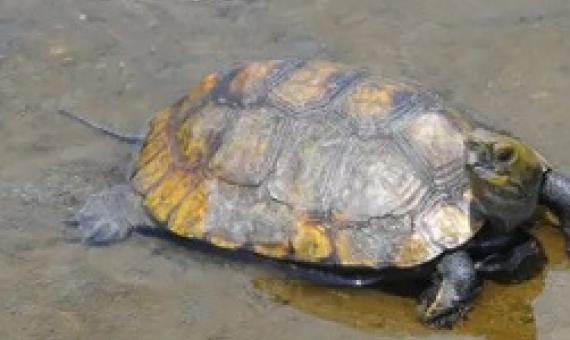
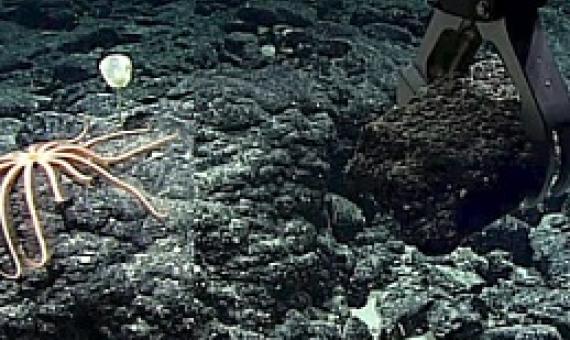
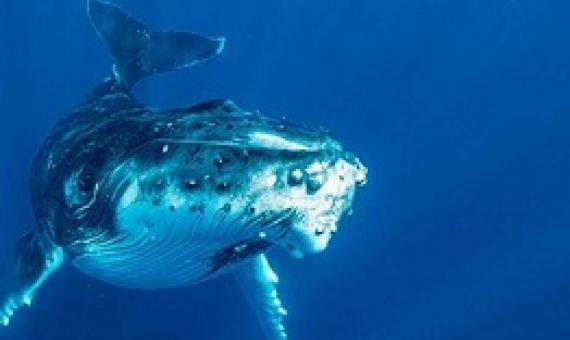
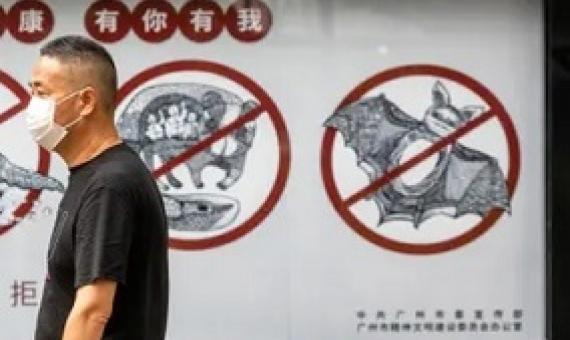
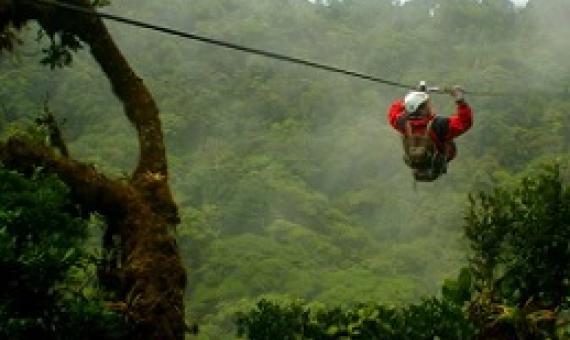
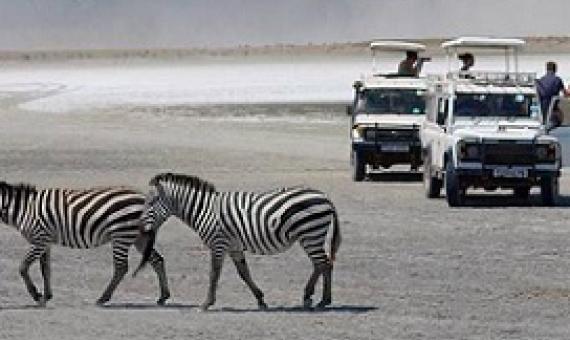
![American Samoa longliners in Pago Pago harbor. [SN file photo]](/sites/default/files/styles/news_teaser/public/longliners_ASG.jpg?itok=QyK8Fhwe)
